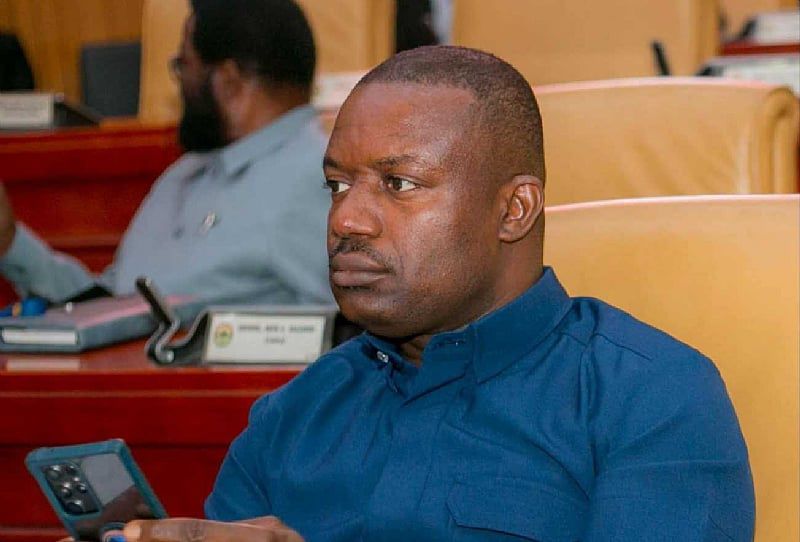The energy sector in Ghana has experienced a significant increase in debt since the National Democratic Congress (NDC) left office in 2017. John Jinapor, the Energy Minister Designate, revealed during his parliamentary vetting that the NDC government bequeathed a debt of $2.1 billion to the succeeding New Patriotic Party (NPP) administration. This figure, based on a comprehensive audit conducted in 2017, translated to 9.4 billion cedis at the prevailing exchange rate. Fast forward to the present, and the debt has escalated to a staggering $3 billion, a stark increase under the NPP’s tenure. Jinapor refuted claims that the debt had reached $5 billion, emphasizing that the official figure received from the Ministry of Energy, the Energy Commission, and the Electricity Company of Ghana (ECG) confirmed the $3 billion figure. This significant rise in debt raises concerns about the financial health of the energy sector and requires careful analysis to understand the contributing factors and potential solutions.
The accumulation of this substantial debt highlights the complex challenges facing Ghana’s energy sector. While the initial $2.1 billion inherited by the NPP government represents a considerable financial burden, the subsequent increase to $3 billion signals a worrying trend. Understanding the reasons behind this surge is crucial for developing effective strategies to manage the debt and ensure the sector’s long-term sustainability. Factors such as fluctuating global fuel prices, investment in new infrastructure projects, and operational inefficiencies could have contributed to the escalating debt. A thorough investigation into these factors is necessary to determine the root causes and implement appropriate corrective measures.
The Energy Sector Levies Act, enacted during the NDC’s time in office, played a role in mitigating the interest burden on the initial 9.4 billion cedi debt. This legislation aimed to provide a dedicated funding source to address legacy debts within the energy sector. While the Act provided some relief, it evidently couldn’t prevent the overall debt from increasing substantially under the subsequent NPP administration. This suggests that the underlying issues driving the debt accumulation were not fully resolved and continued to exert pressure on the sector’s finances. A review of the Act’s effectiveness and potential revisions may be necessary to strengthen its impact on debt reduction.
The $3 billion debt represents a significant financial challenge for Ghana’s energy sector. Addressing this issue requires a multi-pronged approach that includes improving operational efficiency, optimizing investments in new infrastructure, and exploring innovative financing mechanisms. Furthermore, transparent and accountable management of the sector’s finances is essential to build trust and ensure the responsible use of public resources. Developing a comprehensive debt management strategy that incorporates these elements is crucial for stabilizing the sector and ensuring its ability to meet the country’s growing energy demands.
Beyond the immediate financial implications, the escalating energy sector debt has broader economic ramifications. A heavily indebted energy sector can hinder economic growth by diverting resources away from other critical sectors such as education, healthcare, and infrastructure development. It can also lead to higher electricity tariffs for consumers, impacting household budgets and potentially discouraging investment in businesses that rely on affordable energy. Therefore, tackling the debt problem is not only essential for the health of the energy sector itself but also for the overall economic well-being of the country.
The rising debt in Ghana’s energy sector underscores the need for a comprehensive and sustainable approach to energy management. This requires a long-term vision that prioritizes efficiency, innovation, and responsible financial practices. By addressing the underlying causes of debt accumulation, investing in renewable energy sources, and promoting energy conservation, Ghana can move towards a more secure and sustainable energy future. This requires collaboration between government, industry stakeholders, and civil society to develop and implement effective policies and strategies that ensure the long-term health of the energy sector and contribute to the country’s overall economic development.














